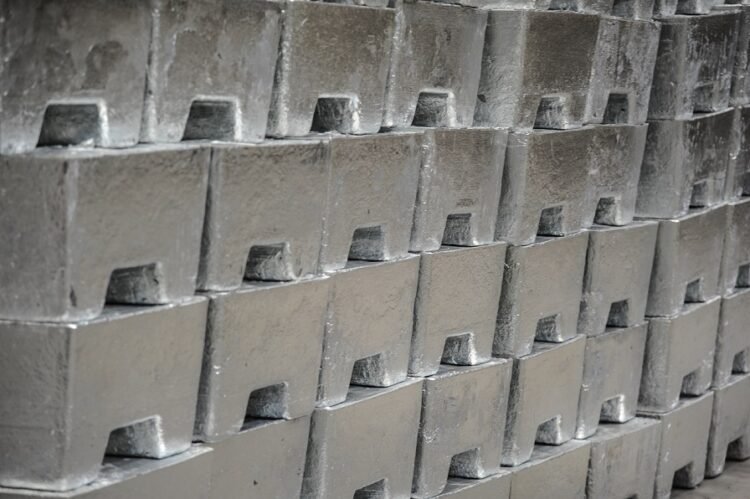In the vast canvas of India’s economic aspirations, infrastructure development emerges as the cornerstone, paving the way for the nation to achieve its ambitious goal of becoming a US$5-trillion economy by 2025. At the heart of this transformative journey lies the indispensable duo – Steel and Zinc – two metals that share an inseparable bond, contributing significantly to the burgeoning growth of the nation.
India’s landscape has undergone a remarkable transformation, with world-class facilities sprouting across the country, fostering first and last-mile connectivity through an intricate network of roads, waterways, railways, airports, and ports. The development of smart cities has been a resounding success, marking a pivotal milestone in enhancing connectivity and driving economic progress.
The demand for galvanized steel in industrial applications has surged, fueled by the rapid expansion of infrastructure projects and the rise in pre-engineered buildings. However, the persistent global issue of corrosion poses a significant threat to these developments, wreaking havoc on infrastructure and transportation systems and subsequently impacting the overall economy.
Enter Zinc, the silent hero in this tale of progress. Corrosion, the nemesis of steel, degrades the substrate, leading to rust and the eventual destruction of the material. Recognizing this challenge, the global trend of hot-dip galvanizing has gained prominence. It involves coating steel with a layer of zinc, creating an alloy that not only protects the product but significantly extends its useful life.
The global galvanized steel market is poised for substantial growth, projected to reach 57.74 million tons by 2025, progressing at a CAGR of about 3%. At the forefront of this trend is galvanizing, once merely a means of corrosion protection, now recognized for an array of benefits – longevity, sustainability, lower initial costs, availability, durability, and even aesthetics. Galvanizing is not just a shield against corrosion; it’s a long-term solution to a far-reaching problem.
Zinc-protected steel, implemented during the initial construction stages, becomes a robust defense mechanism for infrastructure. Zinc, as a metal, is not only durable but also 100% recyclable and maintenance-free. Its sustainability is underscored by its low energy consumption throughout the supply chain, from mining to production, compared to other metals. In fact, 80% of zinc worldwide is currently used for recycling, reflecting its commitment to environmental responsibility.
Moreover, zinc possesses a unique self-healing property, making it an ideal choice for roofing and cladding in construction. It not only doubles the lifespan of infrastructure but also aligns with the global shift towards sustainable and eco-friendly practices.
As the story unfolds, it becomes evident that the future of construction in India is intrinsically linked to the multifaceted applications of zinc. Steel and zinc, bound by a common purpose, stand as the vanguards of India’s economic ascent, promising not just progress, but a sustainable and enduring legacy for generations to come.
इसे हिंदी में पढ़े: देश के भविष्य को सुदृढ़ बनाने में बुनियादी ढांचे के विकास के लिए महत्वपूर्ण भूमिका निभा रहा ज़िंक और स्टील का सामंजस्य







